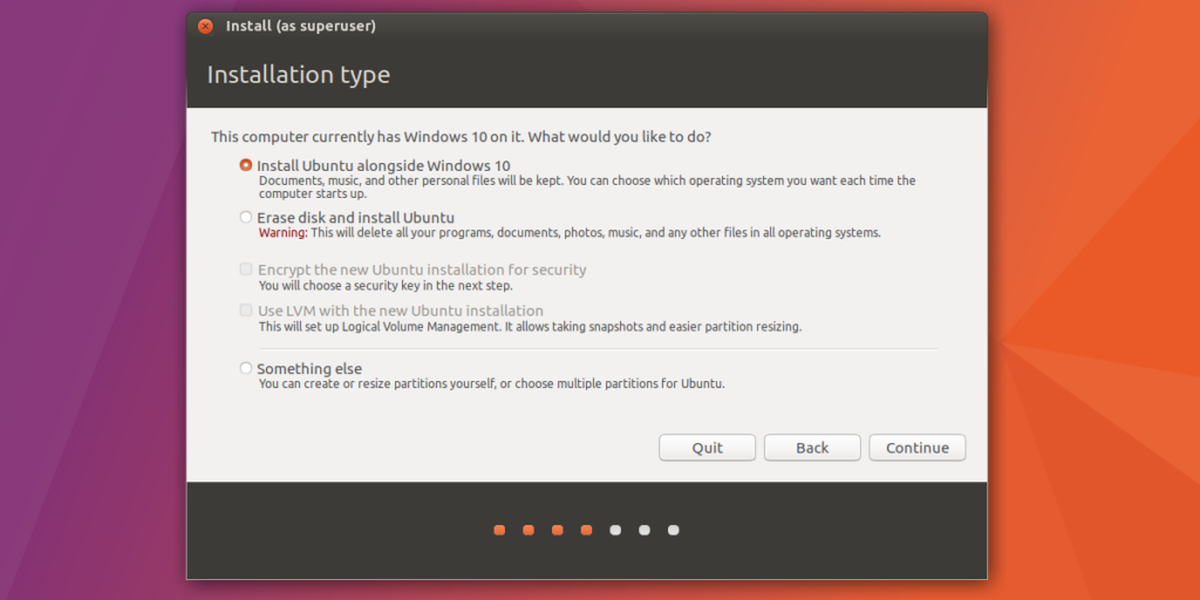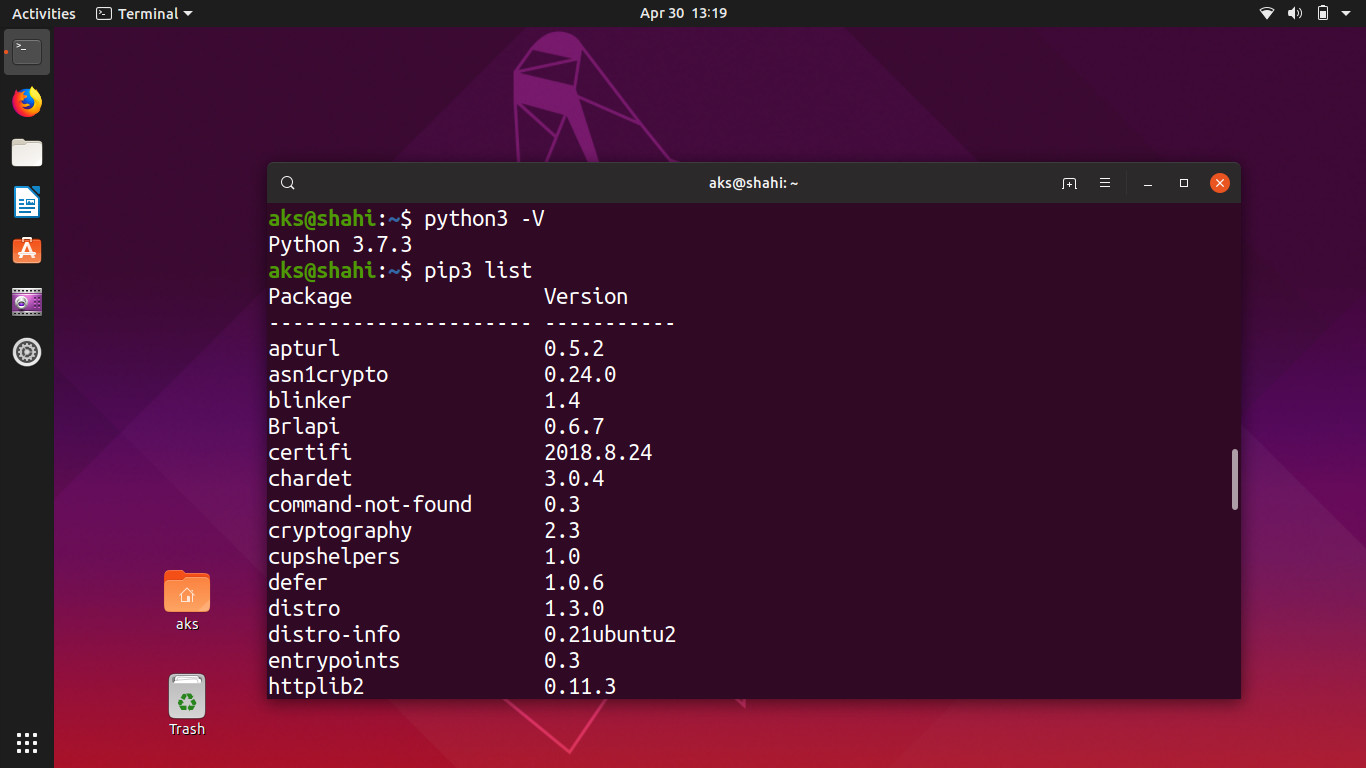


For other components, especially network cards, the firmware is copied to the component by the driver (that is by the kernel module) when the module is loaded. In most cases the firmware is installed permanently on the component. require software to communicate with the mainboard that is kept in a memory module on the component itself. Most components of a computer, for example CD drives, hard disks, network cards etc. Below, the author concerns himself exclusively with Debian and Ubuntu.) The Linux Kernel (Note: It is up to the reader to find out if the assertions made here are similarly applicable to other distributions, for example SUSE. A somewhat easygoing attitude towards freedom can be found in all areas of software production, from the Linux kernel to the distribution of software by Debian and Ubuntu. The principles of free software are sometimes neglected in the process. The goal of these distributions is to support as much hardware as possible and thereby to make their installation as easy to use and as comfortable for the user as possible - market share is the objective here after all.

No, Ubuntu isn't free according to how the Free Software Foundation FSF defines freedom the guidelines the FSF uses to determine the freedom of an operating system can be found here - and the same is true of Debian, the foundation Ubuntu is based on. (Translated into English by Yann Kiraly) About Debian and UbuntuĪ free Ubuntu? Isn't Ubuntu free already? As a starting point Ubuntu's operating system is used. The project gNewSense started with the goal of creating a GNU/Linux distribution whose first priority is users' freedom - even if this limits user comfort and hardware support.


 0 kommentar(er)
0 kommentar(er)
